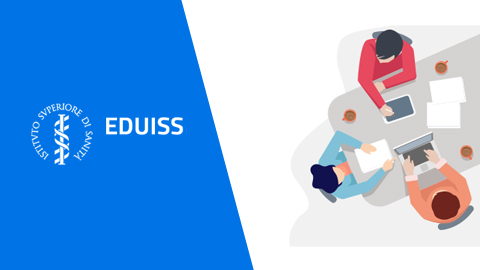DARWIN is an EU funded research project under the Horizon 2020 research programme. The project is focussed on improving responses to expected and unexpected crises affecting critical societal structures during natural disasters (e.g. flooding, earthquakes) and man-made disasters (e.g cyber-attacks). To achieve this, DARWIN will develop European resilience management guidelines aimed at critical infrastructure managers, crisis and emergency response managers, service providers, first responders and policy makers. Infrastructure operators will have up-to-date and effective guidelines at their disposal to facilitate faster, more effective and highly adaptive responses to crises. This will have a direct impact on the safety of European citizens in times of crisis and disaster into the future. The DARWIN resilience guidelines will also be of significant benefit for governments of EU member states.
To ensure the guidelines are dynamic, effective and user-friendly, the project will adopt innovative tools, including serious gaming and training packages. The guidelines will also be tested in strategic pilot studies in two key sectors Healthcare and Air Traffic Management (ATM). The results and insights generated from the pilot studies will then be applied to the guidelines.
The evolving DARWIN guidelines will be used by all crisis and emergency responders and critical infrastructure operators during crisis response situations. The guidelines will provide guidance for policy advisors, educate senior crisis and emergency response managers and improve the responsiveness of first responders and service providers.In order to foster communications among the European crisis and resilience community, DARWIN will establish a Community of Practitioners (DCoP). This forum will bring together infrastructure operators, members of the crisis and emergency response community, policy makers and other relevant stakeholders across Europe to exchange views and innovations around their responses to crisis. The DCoP will exist beyond the lifetime of the project. It will also ensure transnational and cross-sector application of the European resilience guidelines as members of the community will provide feedback on the usefulness and relevance of the evolving resilience guidelines. Nine European organisations in the fields of resilience, crisis and risk management, communications and social media, air traffic management and healthcare form the DARWIN project consortium.
Partner organisations include:
· Stiftelsen SINTEF (Norway)
· Technische Universität Braunschweig (TUBS, Germany)
· Carr Communications. (CARR, Ireland)
· Deep Blue SrL (DBL, Italy)
· ENAV S.p.A (Italy)
· Istituto Superiore di Sanità (ISS, Italy)
· Totalförsvarets forskningsinstitut (FOI, Sweden)
· Katastrofmedicinskt centrum (KMC, Sweden)
· Ben-Gurion University of Negev (Israel)
The DARWIN project coordinator is Stiftelsen SINTEF.
The project will deliver a framework for those in the crisis and resilience community which will serve to improve the safety and security of all European citizens in times of crisis beyond the lifetime of the DARWIN project.
DARWIN will develop European resilience management guidelines aimed at policy makers, service providers and first responders. Infrastructure operators will have up-to-date and effective guidelines at their disposal to facilitate faster, more effective and highly adaptive responses to crises. The guidelines will be user-friendly, accessible and dynamic, allowing those in the crisis community to comprehend and digest them in times of crisis.
The project will establish a Community of Crisis and Resilience Practitioners (CoCRP) to encourage information and experience sharing among crisis and resilience stakeholders.
In short, all members of the European community will benefit from the project research as Europe will be a safer and more resilient place. DARWIN will directly impact crisis management stakeholders responsible for public safety, such as critical infrastructures and service providers, which might be affected by a crisis, as well as national and international policy advisors, policy makers, the general public and media.

